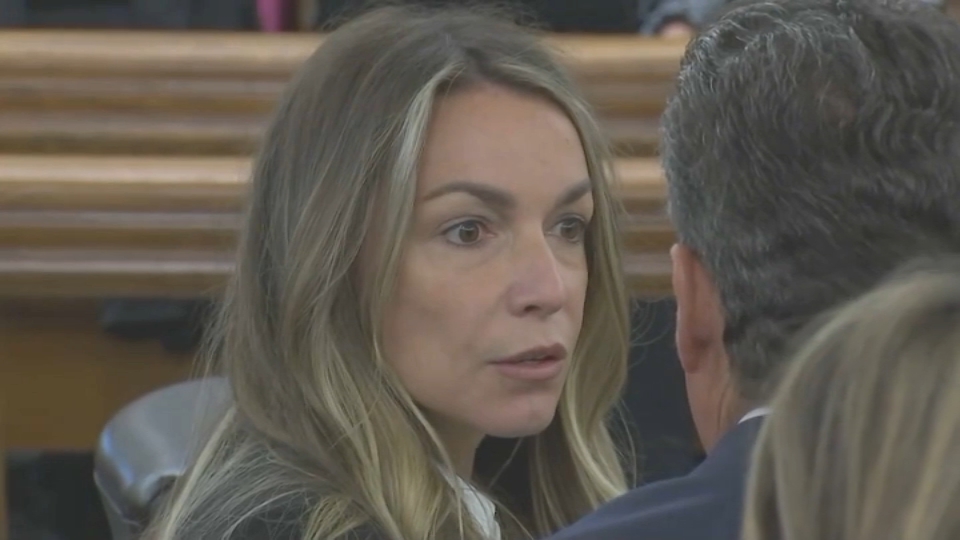A Boston city councilor wants to crack down on utility companies that don't repair leaking gas lines throughout the city.
During a public hearing at city hall on Tuesday, Councilman Matt O'Malley said a new law would give companies the incentive to fix the issue in a timely manner.
"We have anywhere from 2,000-6,000 gas leaks in the city of Boston. One sat there for 30 years," said O'Malley. "This is a significant issue."
Under his proposal, companies would be required to fix a leak within six years of when it's reported. The law would also require gas providers to coordinate with the city on street repairs, so that they could potentially schedule maintenance on leaks at the same time.
"It makes me angry for the waste," said Audrey Schulman, president of the Home Energy Efficiency Team (HEET).
A couple years ago, Schulman's organization created a map of gas leaks around the state using data provided by energy companies. They tracked thousands around Boston and surrounding cities, indicating when the leak was reported and whether it had been fixed. Aside from environmental impacts of the leaks, Schulman said consumers should be equally upset about what this is costing them.
"Somewhere between $90 million and $120 million per year across the state," Schulman explained. "On your gas bill, the utility can factor in how much they lose into your price, which is like going to your gas station and the nozzle dribbles all over be ground and you have to pay for it."
Massachusetts
The latest news from around the state
But repairing the issue is costly and complicated. Given Boston's aging infrastructure, utility companies respond to leaks based on a rating system, which monitors the safety of the leaks. That often means even large leaks don't get repaired immediately because they are not necessarily a threat to public safety.
Boston is serviced by two gas providers and both have expressed opposition to the proposal. Eversource, which only supplies to Hyde Park, said it has already made adjustments under new state regulations.
"We have an accelerated program that follows the recently revised state regulations for replacement of leak prone pipes," said Eversource spokesman, Mike Durand. "This year alone, for example, we're investing nearly $53 million to replace pipes made of unprotected steel. Some of that work will include the part of Boston that we serve, which is Hyde Park."
National Grid, the city's largest gas provider, sent necn the following statement:
"We, too, are concerned about the impact of gas leaks on our environment. With some of the oldest infrastructure Massachusetts, Boston is a microcosm for the types of challenges we face while investing in our gas distribution system in the safest, most effective and sustainable manner possible.
The city's pending ordinance is in conflict with existing and pending legislation that we support. We remain committed to working with our stakeholders and finding the best solution to address this important issue for all of our customers.
The company is involved in several active cooperative efforts and is leading the focus within the gas industry on the need to include environmental considerations into developing replacement and repair policies. As methane emissions have no borders, we are exploring ways to address them in a safe, efficient, and workable manner that ensures those leaks that have the greatest impact on the environment are addressed in coordination with our leak prone pipe replacement programs.
The company believes the recently opened DPU rule-making proceeding is the best forum to address issues regarding classification and repair of gas leaks in a way that is consistent with the law and based on the severity of each leak. The law allows the DPU to consider environmental factors and there is currently pending state legislation that would strengthen that requirement."



